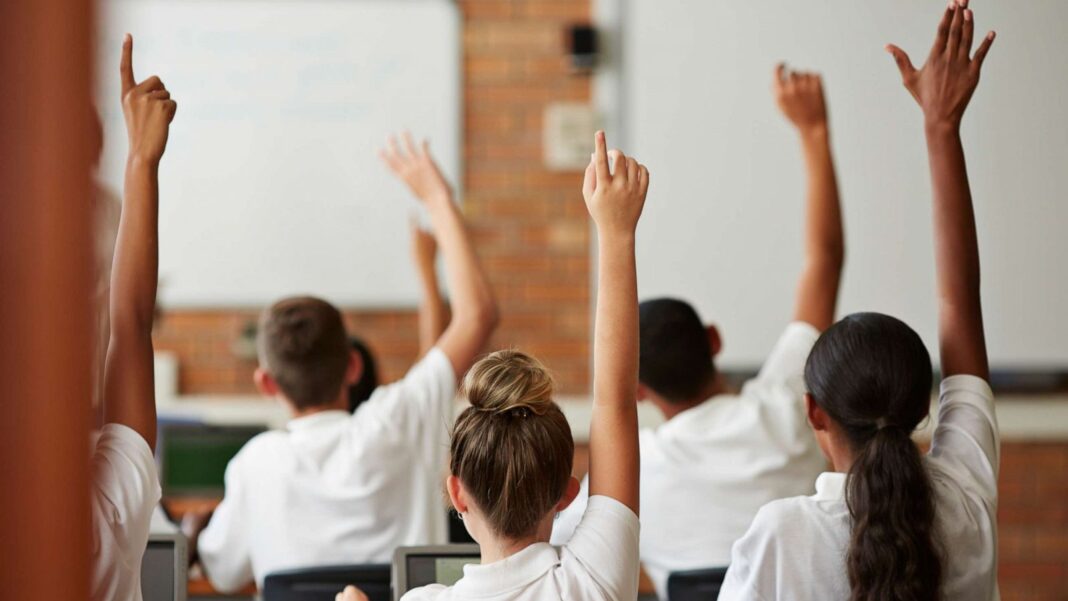In an age where customisation and personalisation rule significantly, it’s no surprise that the education sector is undergoing a noteworthy transformation. Engaging and immersive methods have replaced traditional teaching methods. Various cutting-edge technologies and a novel approach to learning have revolutionised. Different forms of education have become commonplace in the sector. As the need for personalised learning continues to grow, alternative modes of education and the supporting institutions are leading the way in creating a new educational environment. They stress the importance of personalised learning experiences that meet the unique needs of each student and help them excel in both academic and personal domains.
Understanding the
microschool revolution
The traditional school system, with it’s large classroom sizes, standard curriculum, and rigid timetables, does not always allow students to learn at their own pace. This standardised model can stifle innovation, prevent students from developing critical thinking skills, and ignore learners’ diverse strengths and weaknesses. However, a globally recognised education model, micro school is a concept that challenges the conventional notion of schooling by offering smaller, more flexible learning environments. It has emerged as a transformative force in India’s education landscape, redefining traditional structures and offering an alternative approach to learning. With small class sizes, individualised attention, and flexible teaching methods, these microschools are revolutionising education in the country and hold a futuristic route to the education system. This intimate setting fosters a sense of community and enables educators to tailor their instruction to meet each student’s unique needs.
Individualised attention and tailored curriculum
In India, the emergence of microschools has opened the door to a personalised curriculum too. Larger classrooms can make it difficult for teachers to adjust to each student’s learning style and pace. With smaller class sizes, teachers can spend more time working on each student’s strengths and weaknesses. It acts as an approach to education that embraces flexibility. What distinguishes microschools from traditional schools is their emphasis on personalised instruction, project-based learning, and interdisciplinary exploration. This personalised approach ensures that students receive the necessary support to thrive academically.
Fostering a sense of community
One of the key advantages of microschooling is its ability to foster a sense of community and collaboration among students. Unlike large, impersonal classrooms, microschools provide a tight-knit environment where students can form meaningful relationships with their peers and teachers. This sense of belonging not only enhances the overall learning experience but also promotes social and emotional development. This sense of belonging fosters a positive learning environment where students thrive and support one another on their educational journeys.
Flexibility in teaching methods
Flexibility is at the core of the microschool revolution. Microschools adopt a rolling school model, or learning outpost concept, which allows them to adjust their schedules based on student needs or external factors like the pandemic. This is in contrast to traditional schools, which have fixed schedules throughout the year. Students can engage in group projects, peer-to-peer discussions, and joint problem-solving activities. This interactive approach enhances academic knowledge and nurtures essential social skills. The surge of microschools reflects a changing market demand for more flexible educational options. Parents and students increasingly seek alternatives to traditional schooling that offer a more tailored experience. There are a few concerns parents have about traditional schools: overcrowded classrooms make it challenging for teachers to provide personalised attention to each student. However, microschools offer a solution to this problem. These small-scale educational settings typically have fewer students, allowing for more individualissed instruction and support.
Holistic development
takes center-stage
Traditional schools often focus only on academics, leaving out other important skills such as social-emotional and character development. Microschool understands the importance of well-rounded students. It strives to create an inclusive and supportive community where kids can develop strong interpersonal skills, empathy, resilience, and critical thinking abilities. By fostering these qualities alongside academic growth, microschools prepare children for success in school and in life. Microschooling represents a promising alternative to the one-size-fits-all approach in traditional education. By embracing smaller, more flexible learning environments, educators, schools, and government officials are revolutionising the way we think about schooling. As we continue to navigate the complexities of education in the 21st century, microschooling offers a beacon of hope for students, parents, and educators alike.
Re-imagine how we teach and learn, but it is also about transforming lives and creating a better future for future generations. Through innovation and partnership, we can create a world where every student, regardless of background or circumstances, has the opportunity to achieve their full potential. As we continue to learn more about the changing world of education, adopting microschooling principles promises to create more equitable, engaging, and meaningful learning experiences for everyone.
(The author, Ms. Lina Ashar,is the founder of Dreamtime Learning Hub.)




